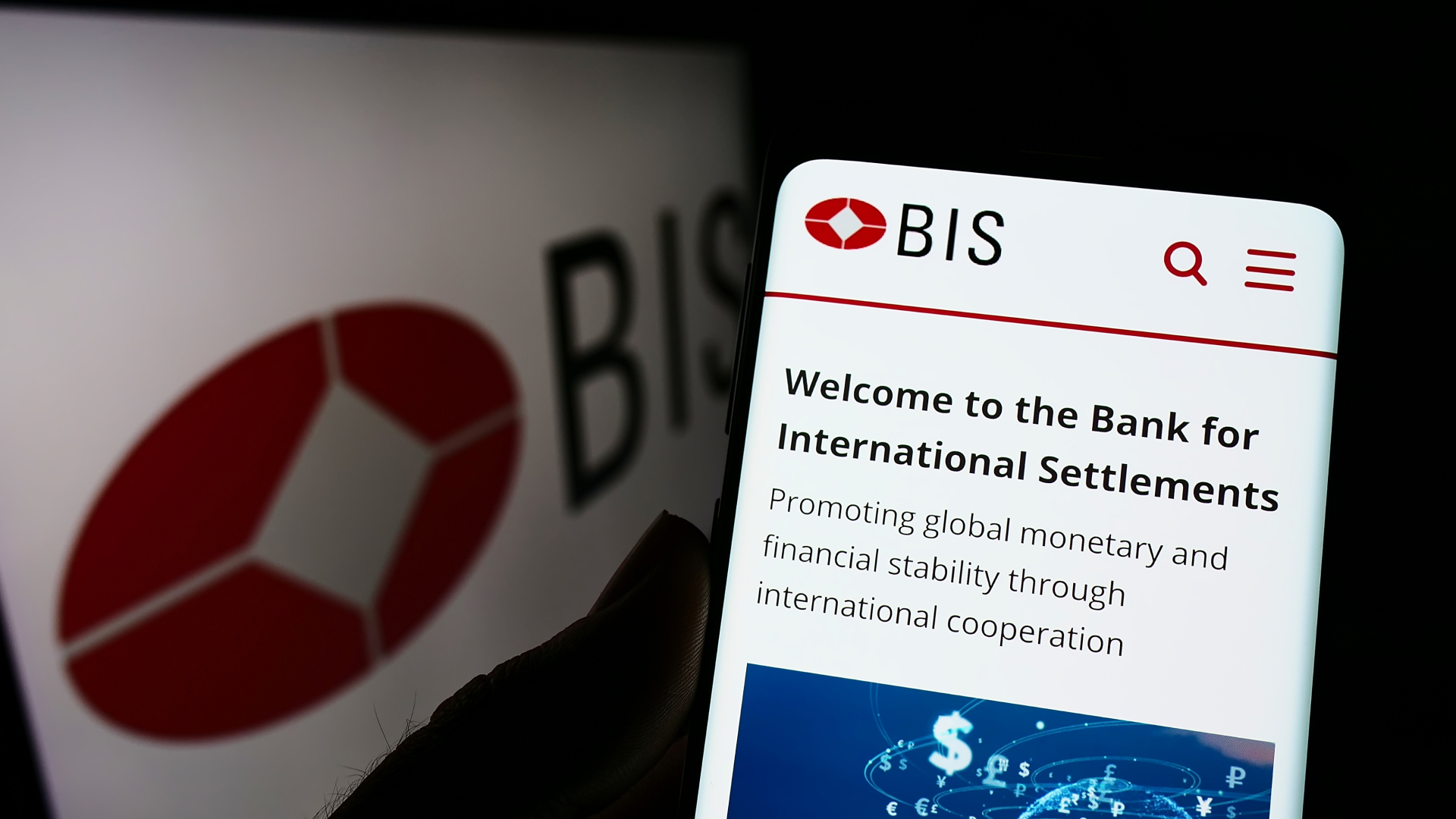Table of Contents
The Bank for International Settlements (BIS) has wrapped up its exploration of a project related to international payments using CBDC.
Project Icebreaker Concludes
The Bank for International Settlements or BIS was exploring different international retail and remittance payment use cases for central bank digital currencies (CBDC) with the central banks of Israel, Norway, and Sweden. The Project Icebreaker focused on understanding the benefits of both banks and retail customers through the use of CBDC. BIS, which is an organization of the world’s leading central banks, has taken a decided interest in adopting CBDC for a cross-border payment model. On March 6, the BIS published a report from the Innovation Hub Nordic Centre. The report contained the potential benefits and challenges of connecting domestic CBDC networks via the Central Bank of Norway, the Bank of Israel, and Sveriges Riksbank.
Hub-And-Spoke To Benefit Retail CBDC
In the Icebreaker project, the BIS organization used a so-called “hub-and-spoke” method to connect the central banks of the three participating countries and their respective national CBDC systems. Under this method, every cross-border transaction is compartmentalized into two domestic payments facilitated by a foreign-exchange provider active in both countries. As a result, central banks exercise complete control over their CBDCs. End users can also benefit from this method by opting for the best exchange rates from the competitive quotes submitted to the hub.
The report says,
“Without a hub-and-spoke approach, each [retail CBDC, or rCBDC] system would need to make individual specific network and infrastructure configurations to communicate with other rCBDC systems. Communication between these rCBDC systems may not be standardized via a common interface and would instead be a bespoke integration between each pair of rCBDC systems. This would be not only complex to support and maintain but could also introduce cyber security risks.”
BIS, CBDC, And Crypto
The BIS has been already looking into CBDC connectivity involving other countries and their central banks. For example, in October, the organization announced the success of a CBDC pilot involving the central banks of Hong Kong, Thailand, China, and the UAE. The current report could pave the way and lay the groundwork for Israel, Norway, and Sweden to launch their digital shekel, digital krone, and digital krona, respectively.
The organization’s support towards developing CBDCs across the world is further underlined by their lack of faith in cryptocurrency, as the Head of the BIS has recently claimed that crypto has lost the battle against fiat currency, after the troubles of 2022.
Disclaimer: This article is provided for informational purposes only. It is not offered or intended to be used as legal, tax, investment, financial, or other advice.
Investment Disclaimer









